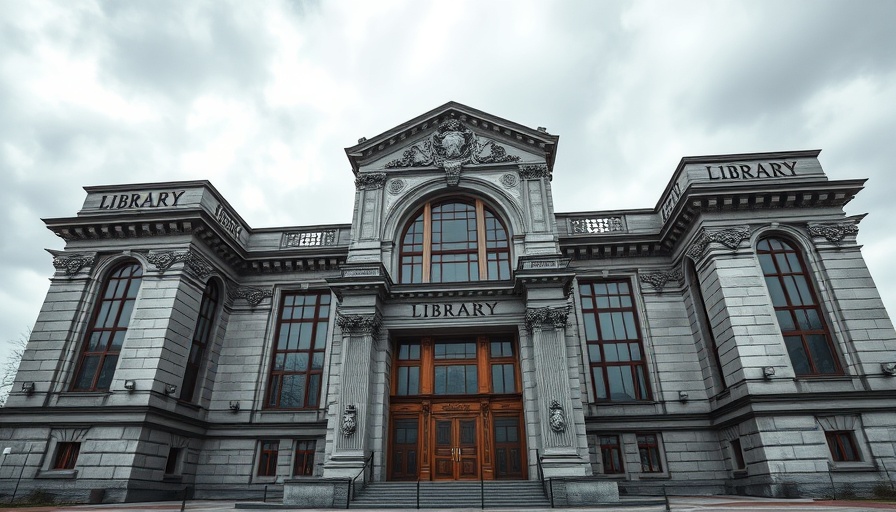
The Critical Need for Access to Literature
In recent years, access to diverse literature has become increasingly contentious, particularly for the younger generation. Across the United States, young adults have faced mounting challenges in borrowing books that reflect their realities and lived experiences. The situation is compounded by state-level legislative measures that actively restrict educators' dialogues about complex topics related to identity, morality, and society.
Books Unbanned: A Revolutionary Initiative
Despite these hurdles, urban libraries have emerged as gateways to literary freedom. One pioneering initiative, 'Books Unbanned,' inaugurated by the Brooklyn Public Library, arms young readers aged 13 to 21 with digital library cards usable anywhere in the nation. Since its launch in 2022, over 8,000 young individuals have seized this opportunity to explore a broad spectrum of readings.
In the context of escalating censorship—driven by a staggering 400% increase in reported book challenges by the American Library Association (ALA) between 2020 and 2024—initiatives like Books Unbanned are more crucial than ever. In just one year, this program facilitated the borrowing of over 100,000 distinct titles, many of which extend far beyond the controversial subjects frequently targeted, like race or gender identities.
The Role of Public Libraries
These programs exemplify the fundamental role that libraries play in democratizing education and fostering empathy among young readers. Amy Mikel, a librarian at the Brooklyn Public Library, notes that the overarching purpose of their initiative is to give young people a chance to access the full breadth of their collection, not just banned or controversial texts.
Funding Disparities and Future Opportunities
However, not all libraries can afford such robust programs, highlighting a disparity driven by unequal funding sources. Urban libraries with significant private funding are currently best positioned to implement similar initiatives, which raises questions about the future landscape of access to literature across different regions in America. We must consider how technological advancements can bridge these gaps. Indeed, institutions can leverage digital platforms to democratize access further, especially in underserved areas.
Conclusion: A Call to Action
As educators, students, and innovators in EdTech, we must advocate for equitable access to literature. With reading materials directly influencing educational outcomes and the development of critical thinking skills, it's imperative for us to actively engage with and support initiatives like Books Unbanned. The narrative is more than just about accessing a book; it is about ensuring that every young adult has the opportunities to understand their world fully.
 Add Row
Add Row  Add
Add 




Write A Comment